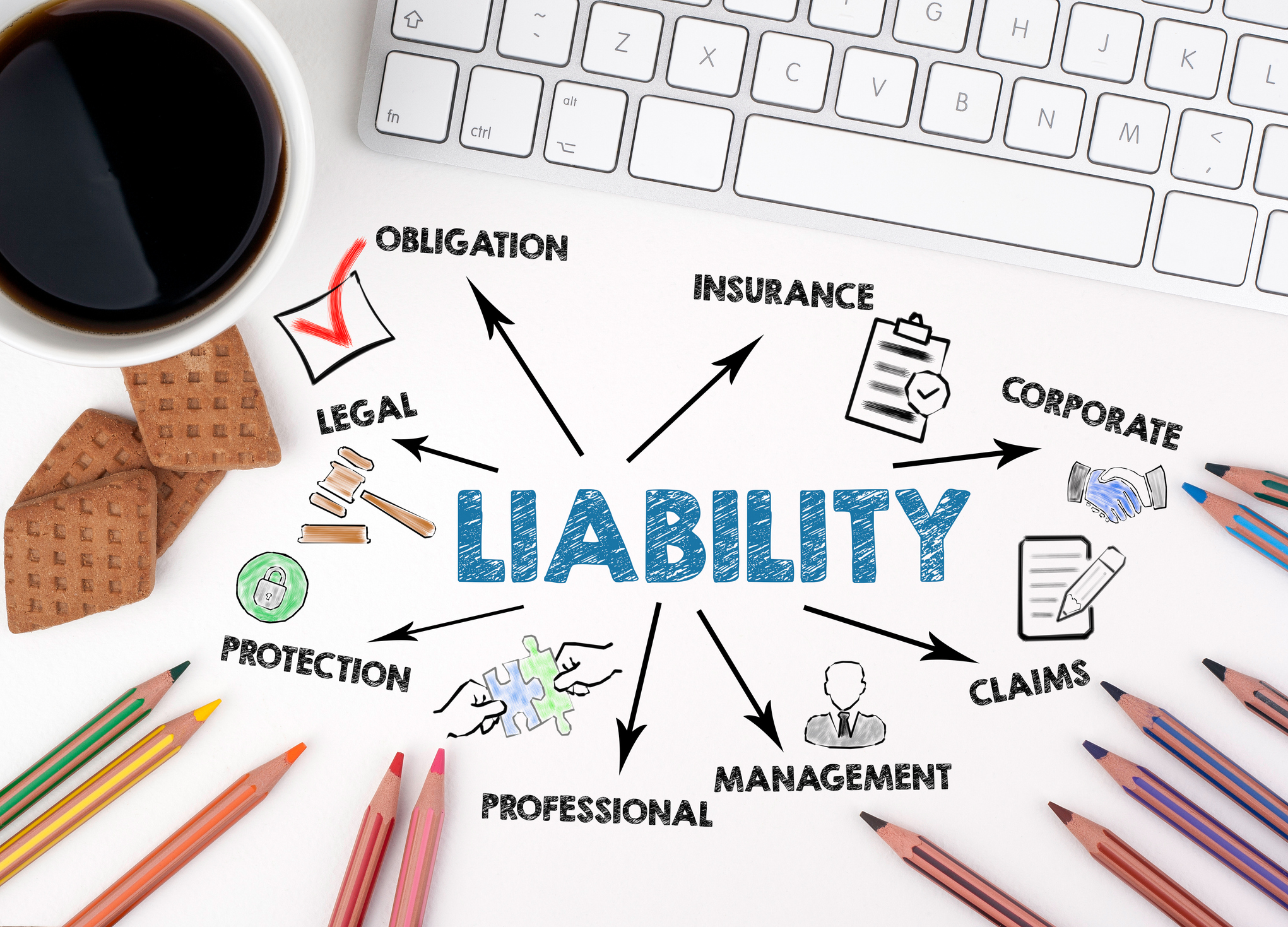September/October 2018
Legal Beat
Advertising the PE; Opinions and Insurance Coverage
BY ARTHUR SCHWARTZ, DEPUTY EXECUTIVE DIRECTOR AND GENERAL COUNSEL

Question: I am a practicing attorney and a professional engineer. I have been told by the state bar association that I am not permitted to advertise my license as a professional engineer on my business cards, letterhead, or in the phone book listings. I have heard that the United States Supreme Court ruled on a related issue several years ago. Are you familiar with the case and do you know the outcome? (Wisconsin)
Answer: Yes. The case, Ibanez v. Florida Department of Business and Professional Regulation, Board of Accountancy, 512 US 136 (1994), involved an individual licensed as an attorney and a certified public accountant who advertised the fact that she was certified by the “Certified Financial Planner Board of Standards,” a private certifying body. After being reprimanded by the Florida Board of Accountancy for “engaging in false, deceptive and misleading advertising,” she challenged the ruling. On appeal, the owner argued that the trial court abused its discretion by barring all of the plaintiff’s expert reports and limiting the testimony of the plaintiff’s experts at trial. Hearing the appeal, a New Jersey intermediate appellate court reversed the trial court’s decision. The court found that the New Jersey Architectural Practice Act and the Engineering Practice Act recognize that there is an area of concurrent practice between these two disciplines — specifically, in building design. These licensing statutes provide that engineers may design certain kinds of buildings and structures, and that both architects and engineers can administer construction for purposes of determining compliance with drawings and specifications. Because the statutes allow both architects and engineers to engage in building design and construction administration, some of the claims asserted by the owner might implicate “engineering education.” Therefore, the appellate court concluded that the trial court should have considered whether some or all of the claims asserted against the defendant architect fell within those areas where the practice of architect and engineer overlap, and whether the owner’s experts had the requisite knowledge and experience to offer opinions on the standards of care that apply to architects in the performance of such services.
The Supreme Court ruled that the accountancy board’s decision to censure Ibanez was incompatible with the First Amendment restraints on official action and that since Ibanez’s reference to her certification as a “certified financial planner” qualifies as protected commercial speech, the state may ban such speech only if it is false, misleading, or deceptive. If it is not, the state can restrict it, but only upon showing that the restriction directly and materially advances a substantial state interest in a manner no more extensive than is necessary to serve the public interest.
Based on the Supreme Court’s decision in Ibanez, it would seem that a state bar would have a difficult time continuing to justify a rule that prevents an attorney from including a truthful, nondeceptive reference to the fact that the attorney is also a licensed professional engineer (or a physician, or a certified public accountant, etc.). You may wish to share the Ibanez decision with bar counsel in the states in which you are licensed.
Question: I am a professional engineer in private practice and have noticed that, in recent years, some states have enacted certificate of merit statutes. Under these statutes, before a party can bring a lawsuit against an engineer, the party must first consult with another engineer who then reviews the facts and essentially certifies as to the merits of the case. As I understand, the intent of certificate of merit statutes is to curb meritless lawsuits brought against professional engineers. However, I am somewhat concerned that professional engineers who provide professional opinions under a certificate of merit statute could be sued and that this type of claim may not be covered under standard professional liability insurance policies protecting professional engineers. Any guidance on this? (Tennessee)
Answer: According to insurance industry representatives if a design professional providing a certification under a state’s certificate of merit statute is sued for professional negligence, such a claim would be covered under the standard professional liability policy, as it would involve the rendering of a professional service (e.g., the rendering of a professional opinion).
You you may be confusing the certificate of merit issue with application of the “guarantee/warranty exclusion” under which a claim based on a certification written in terms indistinguishable from a “guarantee/warranty” could be excluded from coverage. I am not aware that any of the “certificate of merit” laws or bills being considered would require an engineer to make a “certification” that would be equivalent to a guarantee or warranty. It would, therefore, be unlikely that the type of certification made under a certificate of merit statute would be excluded from coverage.
Responses are based on questions posed to NSPE Legal Counsel Arthur Schwartz.
Are you an NSPE member with a legal question for this column? Send it to Arthur Schwartz, 1420 King St., Alexandria, VA 22314-2794; fax 703-836-4875; or e-mail [email protected].
These questions and answers do not, in any way, constitute legal advice. Always consult your own attorney before reaching any conclusions or acting upon any information presented in this forum. Also note that legal precedents change. An answer based on a case from several years ago may have a new perspective today.


 Volunteering at NSPE is a great opportunity to grow your professional network and connect with other leaders in the field.
Volunteering at NSPE is a great opportunity to grow your professional network and connect with other leaders in the field. The National Society of Professional Engineers (NSPE) encourages you to explore the resources to cast your vote on election day:
The National Society of Professional Engineers (NSPE) encourages you to explore the resources to cast your vote on election day:




